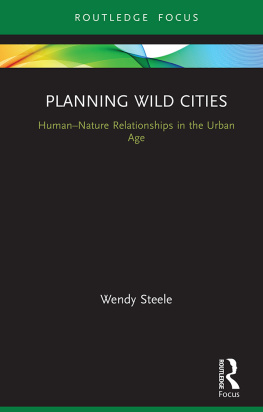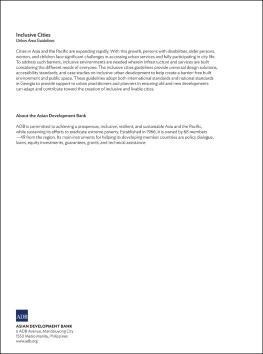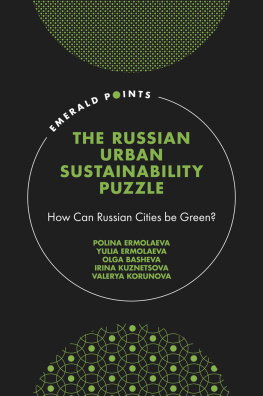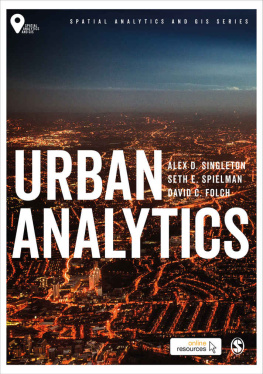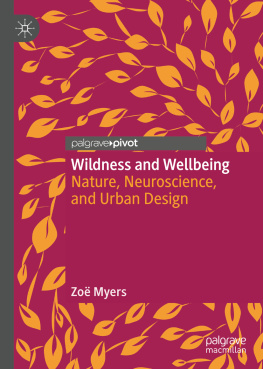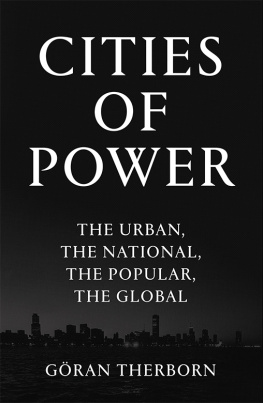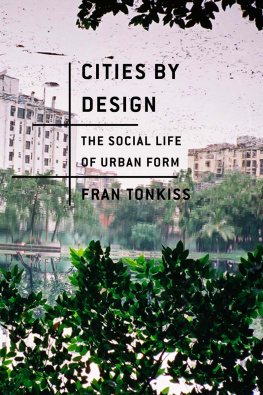
Waste Matters
How do those pushed to the margins survive in contemporary cities? What role do they play in todays increasingly complex urban ecosystems? Faced with stark disparities in human and environmental wellbeing, what form might more equitable cities take?
Waste Matters argues that contemporary literature and film offer an insightful and timely response to these questions through their formal and thematic revaluation of urban waste. In their creation of a new urban imaginary which centres on discarded things, degraded places and devalued people, authors and artists such as Patrick Chamoiseau, Chris Abani, Dinaw Mengestu, Suketu Mehta and Vik Muniz suggest opportunities for an inclusive urban politics that demands systematic analysis. Waste Matters assesses the utopian promise and pragmatic limitations of their as yet under-examined work in light of todays pressing urban challenges.
This book will be of great interest to scholars and students of English Literature, Postcolonial Studies, Urban Studies, Environmental Humanities and Film Studies.
Sarah K. Harrison completed a PhD in English at the University of Wisconsin-Madison, USA.
Routledge Environmental Humanities
Series editors: Iain McCalman and Libby Robin
A full list of titles in this series is available at: www.routledge.com/series/REH
Editorial Board
Christina Alt, St Andrews University, UK
Alison Bashford, University of Cambridge, UK
Peter Coates, University of Bristol, UK
Thom van Dooren, University of New South Wales, Australia
Georgina Endfield, University of Nottingham, UK
Jodi Frawley, University of Sydney, Australia
Andrea Gaynor, The University of Western Australia, Australia
Tom Lynch, University of Nebraska, Lincoln, USA
Jennifer Newell, American Museum of Natural History, New York, US
Simon Pooley, Imperial College London, UK
Sandra Swart, Stellenbosch University, South Africa
Ann Waltner, University of Minnesota, US
Paul Warde, University of East Anglia, UK
Jessica Weir, University of Western Sydney, Australia
International Advisory Board
William Beinart, University of Oxford, UK
Sarah Buie, Clark University, USA
Jane Carruthers, University of South Africa, Pretoria, South Africa
Dipesh Chakrabarty, University of Chicago, USA
Paul Holm, Trinity College, Dublin, Republic of Ireland
Shen Hou, Renmin University of China, Beijing
Rob Nixon, University of Wisconsin-Madison, USA
Pauline Phemister, Institute of Advanced Studies in the Humanities, University of Edinburgh, UK
Deborah Bird Rose, University of New South Wales, Australia
Sverker Sorlin, KTH Environmental Humanities Laboratory, Royal Institute of Technology, Stockholm, Sweden
Helmuth Trischler, Deutsches Museum, Munich and Co-Director, Rachel Carson Centre, LMU Munich University, Germany
Mary Evelyn Tucker, Yale University, USA
Kirsten Wehner, Head Curator, People and the Environment, National Museum of Australia
The Routledge Environmental Humanities series is an original and inspiring venture recognising that todays world agricultural and water crises, ocean pollution and resource depletion, global warming from greenhouse gases, urban sprawl, overpopulation, food insecurity and environmental justice are all crises of culture.
The reality of understanding and finding adaptive solutions to our present and future environmental challenges has shifted the epicenter of environmental studies away from an exclusively scientific and technological framework to one that depends on the human-focused disciplines and ideas of the humanities and allied social sciences.
We thus welcome book proposals from all humanities and social sciences disciplines for an inclusive and interdisciplinary series. We favour manuscripts aimed at an international readership and written in a lively and accessible style. The readership comprises scholars and students from the humanities and social sciences and thoughtful readers concerned about the human dimensions of environmental change.
Waste Matters
Urban margins in contemporary literature
Sarah K. Harrison

First published 2017
by Routledge
2 Park Square, Milton Park, Abingdon, Oxon OX14 4RN
and by Routledge
711 Third Avenue, New York, NY 10017
Routledge is an imprint of the Taylor & Francis Group, an informa business
2017 Sarah K. Harrison
The right of Sarah K. Harrison to be identified as author of this work has been asserted by her in accordance with sections 77 and 78 of the Copyright, Designs and Patents Act 1988.
All rights reserved. No part of this book may be reprinted or reproduced or utilised in any form or by any electronic, mechanical, or other means, now known or hereafter invented, including photocopying and recording, or in any information storage or retrieval system, without permission in writing from the publishers.
Trademark notice: Product or corporate names may be trademarks or registered trademarks, and are used only for identification and explanation without intent to infringe.
British Library Cataloguing-in-Publication Data
A catalogue record for this book is available from the British Library
Library of Congress Cataloging-in-Publication Data
A catalog record for this book has been requested
ISBN: 978-1-138-18706-1 (hbk)
ISBN: 978-1-315-64342-7 (ebk)
Typeset in Times New Roman
by HWA Text and Data Management, London
Contents
I would like to thank my friends and colleagues at the University of WisconsinMadison where this book first took shape. Tejumola Olaniyan provided me with guidance and insight, and I am grateful for his continued mentorship. I am also grateful to Rob Nixon for his generous support of this project, and Nirvana Tanoukhi and Susan Stanford Friedman for their help and advice.
Thank you to Gwenola Caradec, Emily Clark, Krista Kauffmann, Mike Opest and Christa Tiernan for their friendship and support, especially when it was most needed.
Special thanks must go to my family, especially Mum, Dad and Ross who have supported me in countless ways, but always with love and laughter. Lastly, I must thank Denis, for encouragement, patience and perspective; and Faye, for joyful distraction. You both make nothing else, and everything else, matter.
An earlier version of appeared in Research in African Literatures 43.2 (2012). I am grateful to Indiana University Press for permission to reprint that material here.
Locating urban waste
The bodies keep coming. First, the corpse of a teenage boy floats to the surface of Accras polluted Korle Lagoon, then another is found in a muddy ditch in the citys historic Jamestown district. A young woman is thrown onto a garbage dump. Next, a dead boy is left in a filthy public latrine in one of the citys busy lorry parks. In




